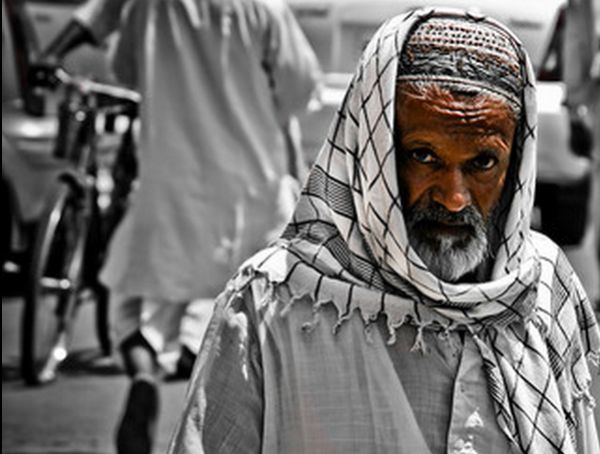The Muslims in India form a homogenous social group brought closer together by the religion it shares. Being prominent political agents, they are well aware of their religious minority status in the country and tend to make strategic political choices based on the ideologies and statements of political players and parties. As such, it does not come as a surprise to note several political parties scrambling to cover these Muslim vote banks before the elections start.
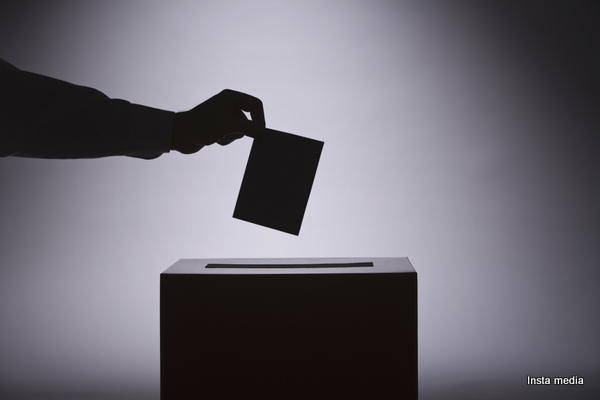
When taking the electoral behavior of Indian Muslims, one is compelled to ask the following questions.
Do Indian Muslims vote only based on religion? Do they get to vote at an all-India level? Does their caste structure affect their political behavior? Let us take a closer look at these questions in order to ascertain the image the quintessential Indian Muslim has in electoral politics.
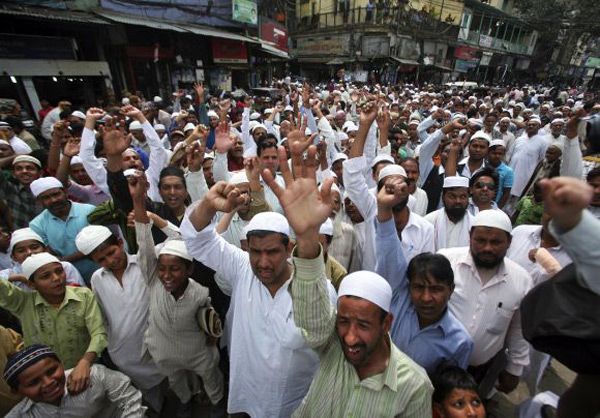
On the basis of religion
The various religious and cultural sects followed by Muslims in India requires as to ask whether an Indian Muslim would vote based on the candidate, party, caste community or something else. Studies reveal that in the 1999 elections, around 52% of Muslim voters gave more importance to the parties while only 8% revealed that they were influenced by caste politics.
The same trend was noticed in the 2004 and 2009 Lok Sabha Elections. The result of these studies indicate that Indian Muslims are less concerned about caste based influences while voting and tend to focus more on the political parties involved.
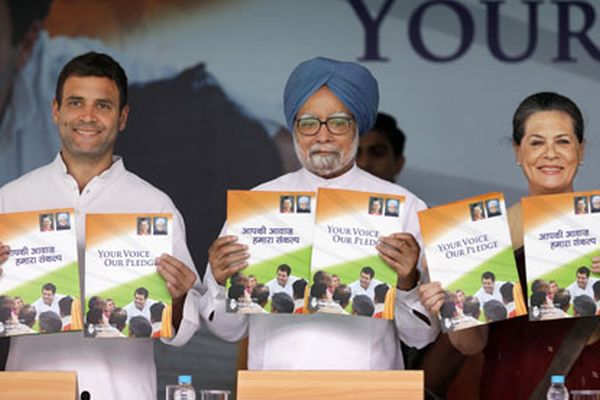
Strategic voting on all-India level
Studies reveal that Congress remains as the first choice for Indian Muslims at an all-India level. The second choice is the Samajwadi Party (SP), the Left parties and then BJP. The BJP however, gets a different response in the states of Gujarat and Uttar Pradesh. The 2009 elections saw the Muslim vote bank for the BJP rise to 5% from 2.50% in 2004.
However, this figure reduced to 12.40% from 18.60% in Gujarat. This trend indicates BJP’s failure to woo Muslim voters during the last three Lok Sabha elections. State level politics also play a role in determining the Indian Muslim’s electoral behavior, thereby indicating that supporting a particular political party does not have anything to do with a national strategy but a personal preference instigated at the grassroots level.
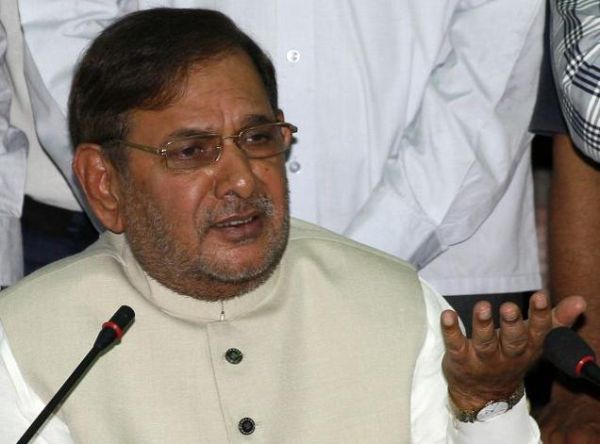
Caste based voting
There is not much difference in the voting behavior of Muslims belonging to different caste sects. Studies reveal that the political preferences of different caste Muslims change frequently. For instance, the Congress managed to woo a majority of other Muslims (Ashrafs or non-OBCs) in the 1999 elections while in 2004-2009, it managed to woo more OBC Muslims than the other sect.
Caste based voting becomes more complicated at the State level as well, with several parties like the Janata Dal (United) offering spaces to Pasmanda Muslim Organizations in order to gain the votes of marginalized Muslims.
The points mentioned above reiterate the fact that Indian Muslims tend to follow certain norms and patterns while voting. However, their distinctness has always been asserted in political terms by parties, which fail to notice their fluctuating electoral behavior patterns. Hence, in order to make sense of how Indian Muslims would vote in the 2014 elections, one would need to examine closely how they engage at local, regional and national levels.


